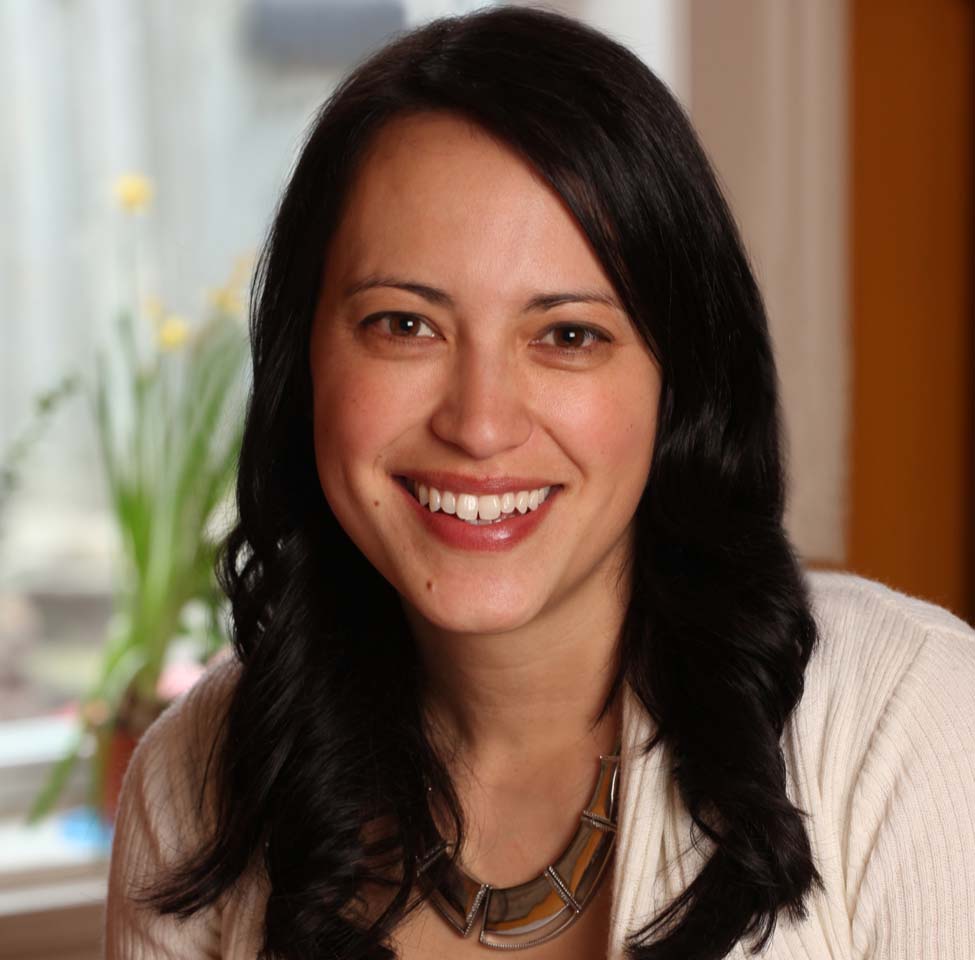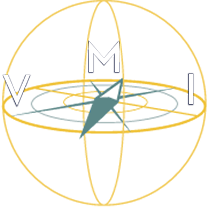
Sarah Yi-Mei Tsiang is a poet, children’s writer and teacher. Her books of poetry include Status Update (2013), which was nominated for the Pat Lowther Award, and Sweet Devilry (2011), which won the Gerald Lampert Award, and Grappling Hook (2022) which was shortlisted for the Raymond Souster Award. She has been shortlisted and longlisted for the CBC poetry prize. Tsiang’s poetry has won the Arc Magazine Reader’s Choice for Poem of the Year, and was shortlisted for the Forward Awards, Nick Blatchford Occasional Verse contest, the Bliss Carmen Poetry Award, and the Re-lit Award. Her work has also been featured in Best of the Best Canadian Poetry and many other anthologies. She is the editor of the poetry collection, Desperately Seeking Susans (2013).
Tsiang is also the author of 8 children’s books, including picture books such as A Flock of Shoes, the non-fiction Warriors and Wailers, and the YA novel Breathing Fire. Sarah’s work been published and translated internationally, as well as named to the OLA Best Bets for Children 2010, Best Books for Kids & Teens from 2011 to 2014, the Toronto Public Library’s First and Best Book List (2012), and the Top Ten List for the Amelia Bloomer Project. Her works have also been shortlisted for the Blue Spruce and Silver Birch Award by the Ontario Library Association. She is the Creative Director for Poetry In Voice, and teaches Creative Writing at Queens University. She is the former Poetry Editor for Arc Poetry Magazine.
What is the most valuable insight or skill that your VMI writers have learned from you?
I honestly think that each writer takes something different from the process. On the whole, though, I think that one of the best insights we can have is that we are not our work. Our work springs from us and expresses some part of us, but we are not defined by our work. This insight can help writers to step back and to see what was written as something that can be shaped and crafted.
What do you gain from the mentoring process?
Every writer I’ve worked with has inspired me. I love learning how people come at creative writing. Part of mentoring is discovering not only how people want to say things, but also drilling down to the particulars of what they want to say and why. Why is it important to them? What is the driving force behind their work?
Being a part of someone’s creative process is a huge honour. It requires trust and deep understanding. It makes me question my own work, and this process of questioning is what makes for literature that sings off the page.
What will VMI participants gain from the program?
Deep and sustained attention to both individual pieces and sections of a manuscript as well as to the manuscript as a whole. Ideally, this kind of process goes beyond the manuscript and provides writers with a new way to look at their writing, their process, and their chosen genre.
What is the most valuable piece of writing advice you have received?
To sit and write.
What book, poem or other written work has been most inspirational to you?
This is a difficult question as what inspires me seems to change daily. Bronwen Wallace’s books never fails to fill me with awe at the power of poetry. For YA, I always think of Rebecca Stead’s Goodbye Stranger, a book so filled with tenderness and understanding I wish I could give it to every 11 year old on the planet. For graphic novels, American Born Chinese by Gene Luen Yang is a masterpiece of the form.
What books do you recommend VMI participants read for additional advice?
Appropriate: A Provocation by Paisley Rekdal is excellent for thinking not only about cultural appropriation but also for thinking about why we write.
What are you currently working on?
I have a new book of poetry, Grappling Hook, due out in spring 2022. I’m still writing poetry, which will probably result in another book far down the line. I’ve also been experimenting with 10-minute Instagram poems as a continuing writing exercise. I have a graphic novel in development, Yukiko, which is a re-telling of a traditional Japanese fairy tale.
What do you enjoy most about being a VMI mentor?
I’m most looking forward to engaging deeply with both a writer and their manuscript.
What do you wish you knew when writing your first manuscript that you know now?
That while having books out is lovely, publishing is so much less important than the actual work. That writing never happens in a vacuum and it’s vital to build supportive communities.
